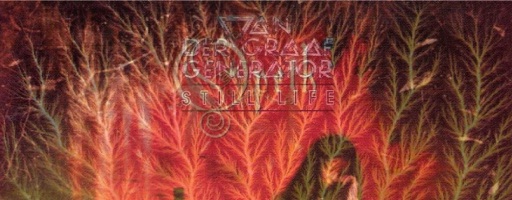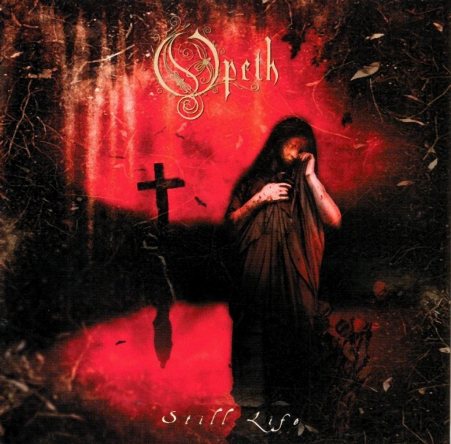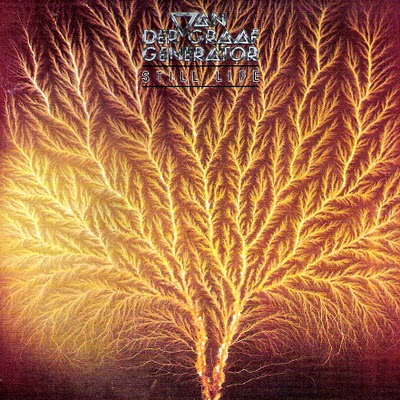In 1999, Opeth released a concept album entitled “Still Life” which was their 4th studio album and the first to feature bassist Martin Mendez. The band continued exploring the combination of Prog Rock and Death Metal, often blending jazz’s dynamics and moods with harsh Death Metal wreckage over songs averaging 9 minutes.
If one ever needs to cite a concept album different from ancient history tales and alien invasions, Opeth’s Still Life would definitely come to mind, with its poetic theme of love after 15 years of exile. The lyrical complexity is met with creative songwriting, technical musicianship and the ability to expose entirely opposite moods within a single song.
This album was met with rave reviews and is considered as a crucial step in Opeth’s evolution, which was evidently clear with its successor Blackwater Park and the beginning of the Steven Wilson – Opeth collaboration. In short, Still Life is one of the most essential Progressive Death Metal albums of all time.
https://www.youtube.com/watch?v=D0hRznmgLUo
Now when reading interviews with Opeth’s Mikael Åkerfeldt, one can notice the reference to Prog Rock legends like King Crimson and Van Der Graaf Generator and their influence over Opeth’s songwriting and musical approach. What the average Metal listener isn’t aware of, is that Van Der Graaf Generator released a groundbreaking album entitled “Still Life” in 1976 – that’s 23 years before the one released by Opeth.
Indeed, the likes of Van Der Graaf Generator were always those obscure 70’s Prog bands that weren’t as globally successful as say Rush or Yes. However, they are considered as essential Prog Rock with more than 5 genre-defining releases in the 70’s alone, with their 6th studio album being “Still Life”, a 45-minute journey into immortality, the fate of humanity, loss and imagination. The album is musically similar to their “Godbluff” album, released a year earlier with the same strong lineup, with a sound characterized and shaped by Hugh Banton‘s mellotron, David Jackson‘s saxophone and Peter Hammill’s unique vocals.
The genuineness behind the album lies behind subtle composing that often comes across as avant-garde, innovative and emotionally charged, especially with Hammill’s dramatic croons and controlled screaming that are the center of the songs’ flow. If I have to recommend a song, it would be “Childlike Faith In Childhood’s End“, where all the album’s mood is captured in a 12-minute masterpiece.
Mikael has stated on several occasions that the Blackwater Park album was named after a band with the same name, so perhaps he named “Still Life” after Van Der Graaf Generator’s release, or maybe as a tribute to the UK Prog Rock band Still Life (no reference found, mere speculations).
However, the question remains “Who gave us a “better” Still Life?” Opeth or Van Der Graaf Generator? I think I’ll let you decide, after all, music is a matter of personal taste.
-
Links











